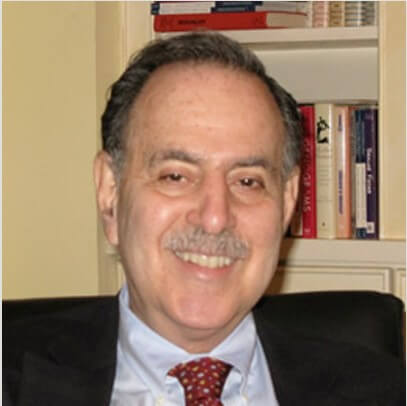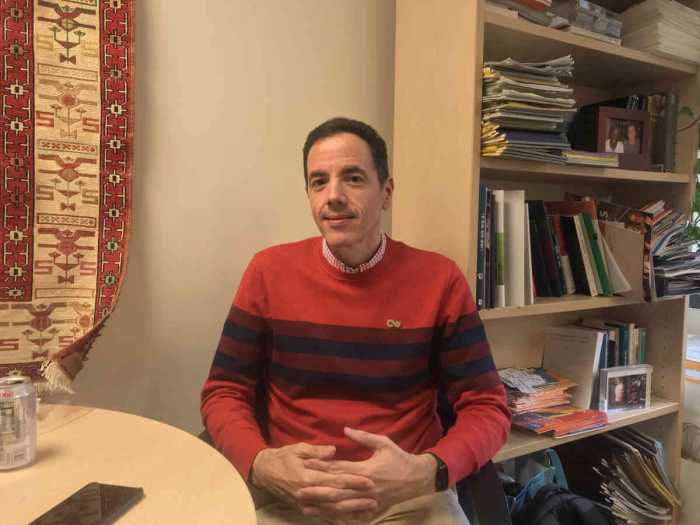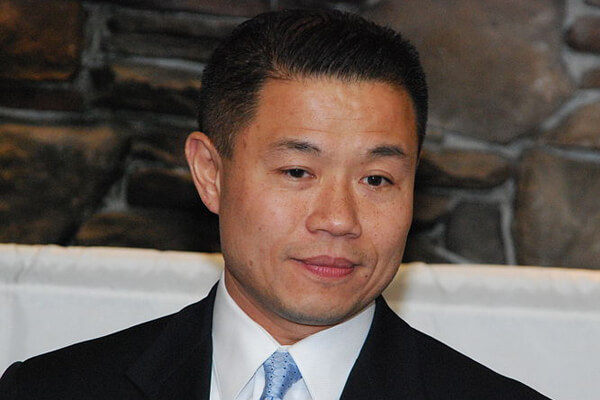Dr. Richard C. Friedman, a psychoanalyst whose 1988 book “Male Homosexuality: A Contemporary Psychoanalytic Perspective” helped normalize the science behind homosexuality, died in his Manhattan home on March 31 at the age of 79.
Friedman’s book asserted that sexual orientation was tied primarily to biological factors, offering a refreshing medical and scientific perspective regarding an issue previously dominated by theories that homosexuality could be reversed and by Freudian narratives that suggested gays were on the wrong path developmentally.
Friedman’s cause of death was unknown, according to The New York Times, though he had suffered from cardiac and metabolic conditions in recent years.
Friedman earned his medical degree from the University of Rochester School of Medicine and Dentistry in 1966 and spent his early career as a resident and later chief resident in psychiatry at Columbia Presbyterian Medical Center. He graduated from the Columbia Center for Psychoanalytic Training and Research in 1978 and, in the following years, became more immersed in the science of sexual orientation.
After publishing his acclaimed 1998 book, Friedman continued to focus his work around sexuality but also expanded the scope of the work to put particular emphasis on the study of women. In 1994, Friedman and co-author Dr. Jennifer Downey published a “Special Article on Homosexuality” in the New England Journal of Medicine, and he also published an article on female homosexuality that was named the Journal of the American Psychoanalytic Association’s best publication of 1998. A decade later, the same duo published a book entitled “Sexual Orientation and Psychodynamic Psychotherapy: Sexual Science and Clinical Practice.”
Friedman continued that work up until his death. According to his personal website, Friedman and Downey were in the middle of working on a book regarding sexuality and dynamic psychotherapy.
In a 1998 New York Times article, Friedman, who was a clinical professor of psychiatry, is described as having integrated psychoanalytic theory with genetics and neurobiology. He maintained that science showed sexual desire begins between ages five and 10, cutting against the Freudian notion that sexuality emerged at an even earlier age or was accompanied by attraction to parents.
“As a result, homosexual men are not on an abnormal developmental track: they were never destined to be sexually attracted to their mothers in the first place,” Friedman said, according to The Times piece from more than two decades ago.
Friedman’s work ultimately helped “normalize” queer people and their relationships in the broader culuture a decade and a half after the American Psychiatric Association voted in 1973 to stop classifying homosexuality as a mental illness. However, some in the mental health field who may accepted that homosexuality was not an illness grasped onto to some level of hope that it could still be reversed. A small number still believe that.
But Friedman utilized studies featuring identical twins and turned to developmental psychology to bolster his case that biology, not environment, was the driving factor behind sexual orientation.
Friedman’s work also extended beyond sexuality. In 1971, early in his career as a resident, he spearheaded major findings on the effects of sleep deprivation among doctors. He would go on to teach at Weill Cornell Medical College and Columbia University and published numerous pieces of research on a range of topics, though most touched on sexuality.
Friedman is survived by his wife, Susan Matorin, his son, Jeremiah, two daughters, Heidi Friedman and Carla Greene, his brothers Daniel and Joseph; and two grandchildren, according to The New York Times.
To sign up for the Gay City News email newsletter, visit gaycitynews.com/newsletter.





































